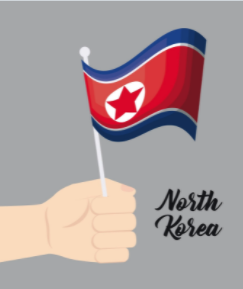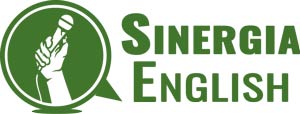Introduction
North Korea, currently led by Kim Jong Un, is a totalitarian country known for its nuclear weapons, human rights record, and militaristic society. More than 25 million people reside in this restrictive place where freedom of expression, religion, conscience, as well as peaceful assembly and association is severely restricted. To maintain control, the government imposes a system of isolation, indoctrination, and brutal repression to empty its people of their power and strength. It bans political opposition, independent media, non-governmental organizations, and trade unions. The country does not want people from outside to know what is going on inside. Today we will analyze what is happening in North Korea.

What Is Happening in North Korea? Dec 6th
Listen and follow:
Read the complete topic:
North Korea, currently led by Kim Jong Un, is a totalitarian country known for its nuclear weapons, human rights record, and militaristic society. More than 25 million people reside in this restrictive place where freedom of expression, religion, conscience, as well as peaceful assembly and association is severely restricted. To maintain control, the government imposes a system of isolation, indoctrination, and brutal repression to empty its people of their power and strength. It bans political opposition, independent media, non-governmental organizations, and trade unions. The country does not want people from outside to know what is going on inside. Today we will analyze what is happening in North Korea.
The regime isolates the North Korean people from the outside world to safeguard the power of its propaganda and ideology. They are not allowed to leave the nation without the government’s consent. If someone tries to flee the nation illegally and is detected, they could face torture, forced labor, or life imprisonment in a political prison camp. Diplomats, elite students, recruited workers, and sportsmen who are allowed to travel overseas are constantly monitored and must attend special ideological debriefings when they return to North Korea.
Furthermore, international calls are not possible on North Korean phones, they don’t have global internet access, only the country’s intranet which is heavily restricted and monitored. Televisions and radio channels being shown are also state-controlled and anyone who listens to foreign broadcasts will be punished. Basically, all aspects of their daily life are controlled by the government.
At a young age they are taught about the exaggerated accomplishments of their leaders (Kim Family), to worship them as powerful gods, to glorify the North Korean system, and demonize foreign influences because they believe that the rest of the world is filled with corruption, disease, and warfare. Molding each individual into a loyal citizen through extreme indoctrination is brainwashing, isn’t it? However, we can’t say that all of them are brainwashed, some of them are aware of how terrible their country is but remain silent because saying something against the regime will put their lives in danger.
Eric Lafforgue, a photographer who has visited the nation six times, noticed that the more he traveled away from the capital, the more poverty he witnessed. Pyongyang may be a place for privileged people, but the city’s buildings experience electricity and water shortages too. In 2019, Tomas Ojea Quintana, an investigator on North Korea’s situation of human rights explained that 50% of the country’s population are suffering from malnutrition. The government, which is responsible for ensuring food security, “is violating its human rights obligations due to its failing economic and agricultural policies.”
Since the late 1990s famine, an increasing number of North Korean refugees have risked their lives to escape the nation. But North Korean defectors arriving in South Korea decreased dramatically in 2020. The South Korean Unification Ministry revealed that there are only 229 refugees during the full year of 2020, down from 1,047 in 2019 and 1,137 in 2018. One main reason is the tougher border controls to prevent the spread of the COVID-19 virus.
The nation claims that it has successfully dealt with the COVID-19 pandemic, claiming that no coronavirus infections have been identified since the outbreak began. But given the country's special bond with its trading partner, China, there is a likelihood of COVID-19 cases in the country. Analysts think the North's economic position would worsen further unless exceptional steps, such as economic transformation through international cooperation or market liberalization, are implemented.
Despite economic restrictions imposed on North Korea, there are signs that the country's economy is stabilizing and market forces are gaining effect. The country's factories are boosting their output and standard of living in some areas are improving (Mark, 2020). Marketization and the spread of outside knowledge contributes to the establishment of a rising space for people who are breaking away from the state not only on an individual but also on a community level. Although change is far to come, we are hopeful and confident that it is currently happening.
